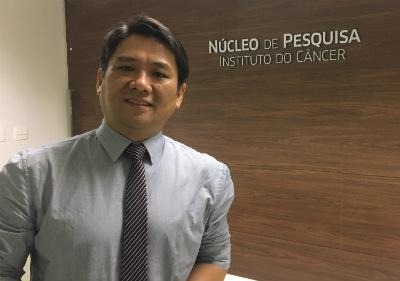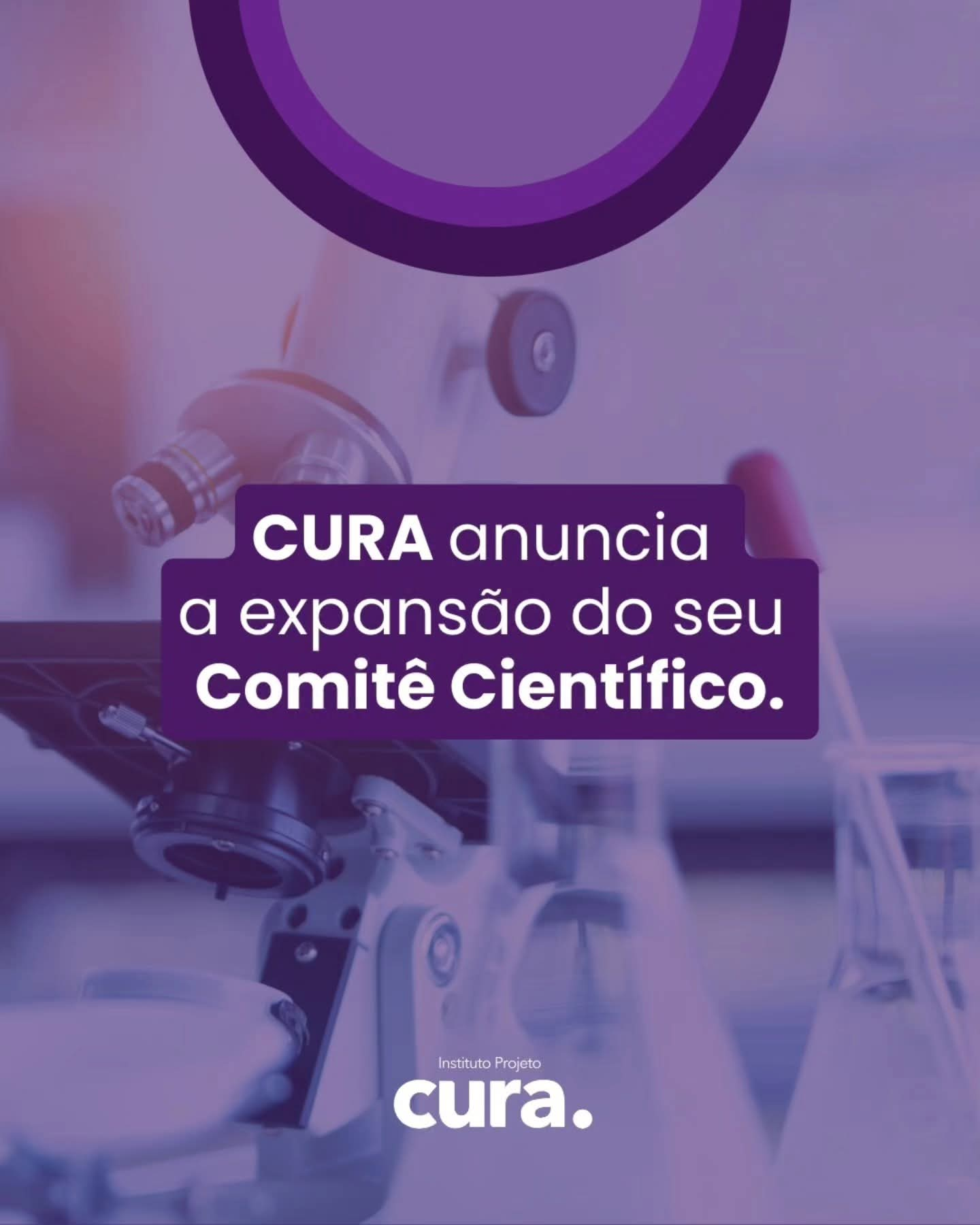29/10/2025
Drug that reduces the risk of death from aggressive breast cancer by around 50% reaches the SUS
The month of #OutubroRosa gains another ally! Trastuzumab Entansine (T-DM1), an innovative drug, has been incorporated into the Unified Health System #SUS for the treatment of HER2-positive breast cancer, one of the most aggressive forms of the disease.
The Ministry of Health's investment of R$ 159 million will make it possible to meet 100% of the national demand, benefiting more than a thousand women in 2025 alone. In addition to representing a therapeutic advance, the announcement reinforces the importance of the integration between clinical research, technological incorporation and public policies for pharmaceutical care.
For the Cura Project Institute, whose mission is to expand access to information and strengthen oncology research in Brazil, this is a concrete example of how science reaches society. Trastuzumab Entansine has undergone years of clinical studies that have proven its efficacy in significantly reducing the risk of recurrence and mortality in patients with HER2-positive breast cancer.
Scientific Achievement
The international KATHERINE study proved that T-DM1 reduces the risk of recurrence and death by about 50% among patients with residual disease — those who still had a tumor after initial treatment with chemotherapy and target therapy.
“Patients are fundamental to the progress of science through the development of new treatments. The informed decision to participate in clinical studies like this enables advances that benefit both those who participate and future generations of patients.”

The arrival of this therapy to the SUS is a scientific achievement and also a framework of equity in public health, which expands access to innovative treatments and improves the survival prospects and quality of life of patients treated in the public network.
Brazilian Participation
Brazil contributed centers of excellence that conducted the study: INCA (RJ), ICESP (SP), Barretos Cancer Hospital (SP), Moinhos de Vento Hospital (RS), Integrated Oncology Clinics/Instituto Américas (RJ), Paraná Oncology Institute (IOP) (PR), Oncology Clinical Research Unit (RS), Hospital Nossa Senhora da Conceição (RS), Institute of Teaching and Research (IEP-SP) and Hospital Pérola Byington (SP).
“The commitment of Brazilian participation in the study demonstrates our commitment to the advancement of clinical research and its impact on public health. This result reinforces how essential it is to expand our presence in more and more studies, on different fronts, and also creating our own opportunities and windows of accessibility through Brazilian studies.”

This movement talks with the strengthening of national pharmaceutical care and oncology policies in the SUS, which need to be continuously improved. Ensuring the rapid incorporation of drugs based on scientific evidence and the effective functioning of radiotherapy and chemotherapy services are essential steps so that access to innovation does not depend on the CEP, but on the clinical needs of each patient.
In addition to the new drug, the Ministry of Health is also making progress in complementary measures, such as expanding the age range for mammograms over 40 and the deployment of mobile carts specialized in prevention and early diagnosis. The combination of these actions strengthens the cancer care network, from screening to treatment.
Each such advance reinforces the central role of clinical research in the transformation of public health policies. It is through it that discoveries are translated into access, and that science is converted into hope.
Note: the cover image was generated by artificial intelligence and does not represent actual photographic material of the product. For illustrative purposes only.

%2013.33.47_cfc48876.jpg)
.jpeg)


